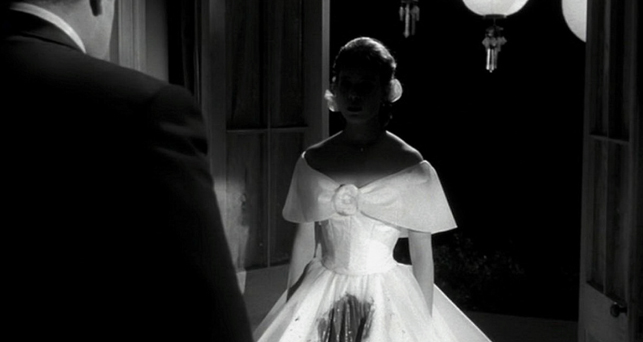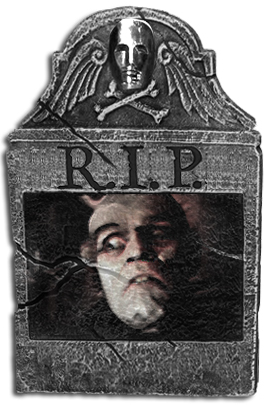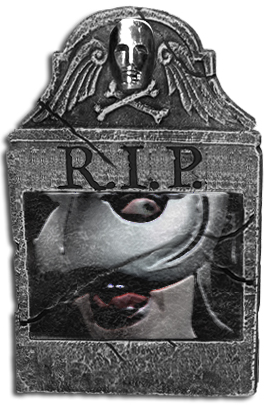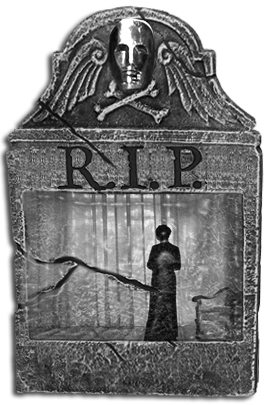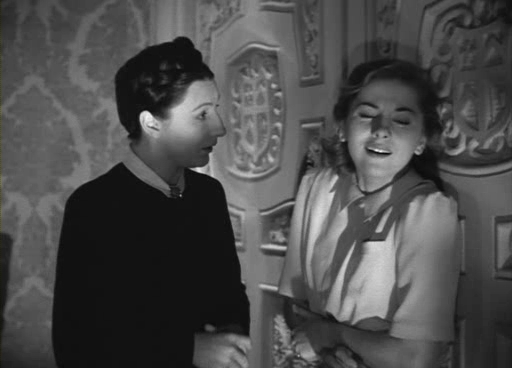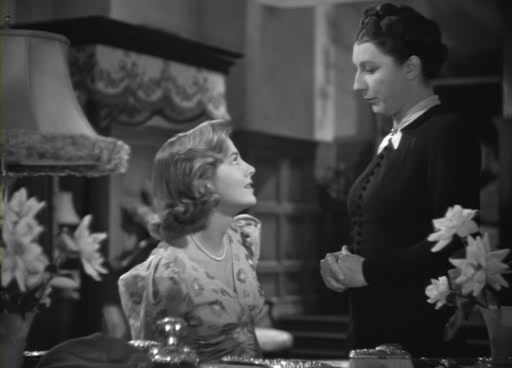Oscar Horrors: Hush Hush Campy Agnes
 Monday, October 22, 2012 at 5:24PM
Monday, October 22, 2012 at 5:24PM [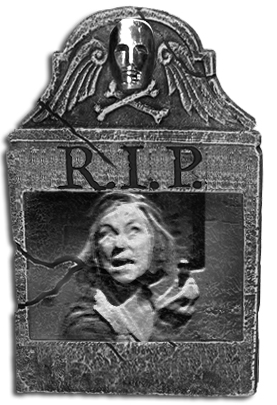 Editors Note: For today's episode of Oscar Horrors, I invited award-winning writer Manuel Muñoz ("What You See in the Dark" "The Faith Healer of Olive Avenue") to join us. I've gave all the contributors a list of every Oscar nomination from the horror genre and they chose their own subjects. -Nathaniel R.]
Editors Note: For today's episode of Oscar Horrors, I invited award-winning writer Manuel Muñoz ("What You See in the Dark" "The Faith Healer of Olive Avenue") to join us. I've gave all the contributors a list of every Oscar nomination from the horror genre and they chose their own subjects. -Nathaniel R.]
Here Lies... Agnes Moorehead in Hush...Hush, Sweet Charlotte (1964)
Hush…Hush, Sweet Charlotte is either Grand Guignol catnip or the most ridiculous Scooby Doo plot ever, depending on your level of generosity. The film lacks the sustained camp thrills of its kissing cousins What Ever Happened to Baby Jane? and Strait-Jacket. But it remains obligatory viewing, whether to fulfill your quota of the era’s is-she-crazy suspense vehicles starring Hollywood’s aging belles, or to check out Oscar offerings with peculiarly high nomination counts. Charlotte picked up seven (yes, seven) Oscar nods and while you might shrug off most of them as applause for technical show, a major Supporting Actress bid (and maybe an almost-win) came with the fourth and final invite to the big dance for Agnes Moorehead as
But first, the tawdry beginnings. Set on a once sunny Louisiana estate in 1927, the film introduces us to a young Charlotte, whose father doesn’t approve of the news he’s heard from her secret suitor. At an elaborate party (and in one of the most nimbly arranged sequences of the film), things get downright bloody, and Charlotte emerges from the shadows with one of the most conspicuously stained dresses ever to stun a crowd.
Fast forward decades later, and our fun begins.



